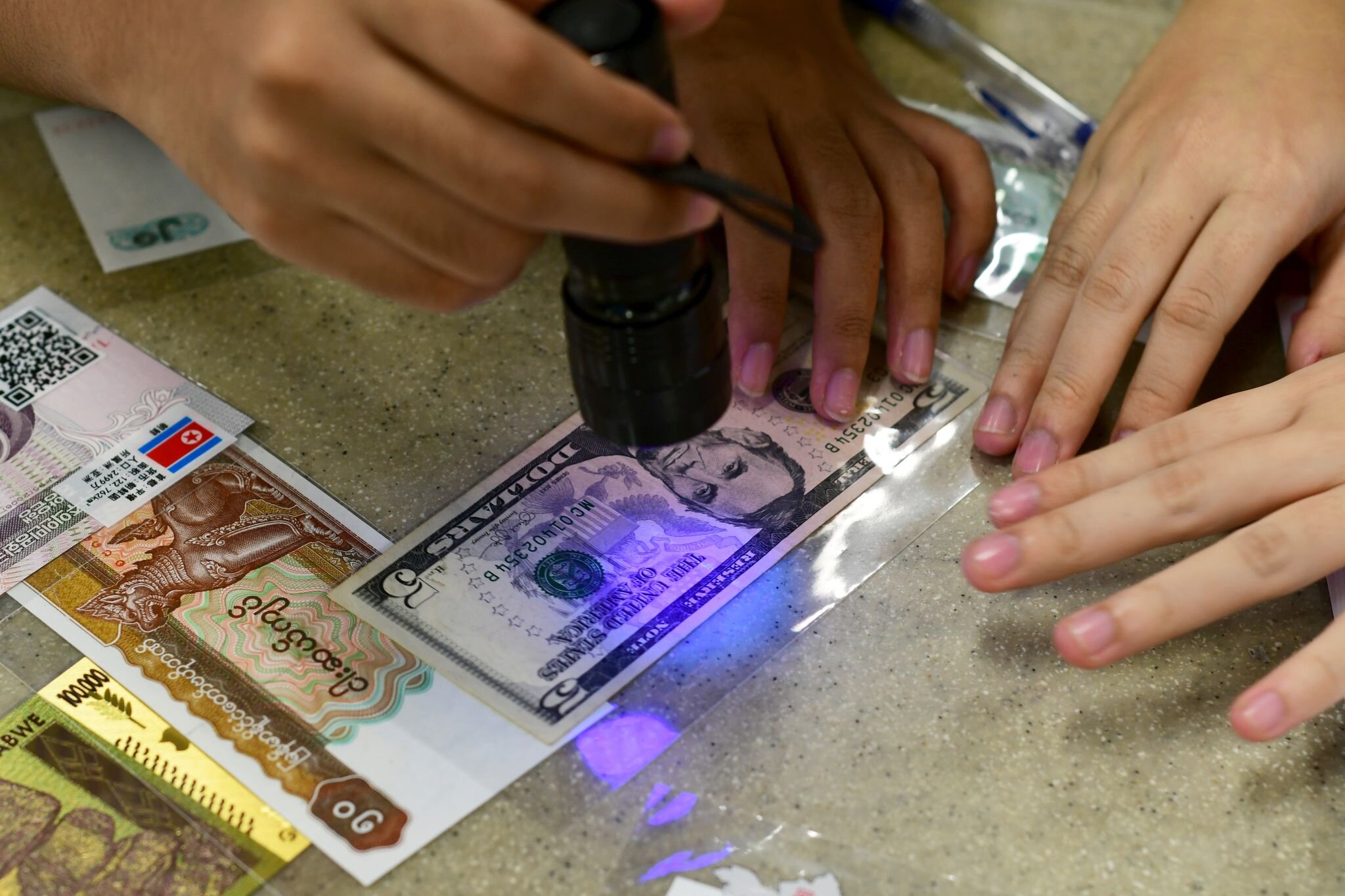Autonomy in the Classroom Case Study: Forgery and Financial Crime
One of the modules I teach my students covers lessons on Forgery and Financial Crime.
One of the activities involves my students examining currency notes from different countries around the world, as well as bank cheques.
They perform the examinations with UV lights and a digital microscope. Of course, I show them what safety features to look out for before they go at it.
Here’s the thing:
I’ve had teachers from the schools I teach at expressing concern over the fact that I’m “distributing money” and worrying that I won’t get it back.
I tell them that I’ve done this for years and I’ve never lost a single currency note or any apparatus used for this activity.
All I do at the start of the activity is tell my students matter-of-factly that I want my currency notes and bank cheques back at the end of the session.
I don’t mention this again until it’s time to return everything.
There have been multiple cases of students trying to raise a reaction in me by playfully threatening to walk off with the currency notes. I simply smile (now quite hard to see, because I’m wearing a mask) and tell them that, when they’re done, they can put it back on my table.
The point is this: Students will test boundaries and they will test you. They often do this in order to feel you out - to see whether they can look up to you, treat you as a friend, or to see if they should avoid you.
It is up to you as a teacher to set those boundaries and stick to them. It is also up to you to express confidence in your students and their moral values - that they will do the right thing, given the opportunity.
Students don’t need to be nagged or coddled. They are fully capable of doing the right thing at the right time in the right way. Give them the space to do so.
To help your confidence, I haven’t lost a single currency note.



